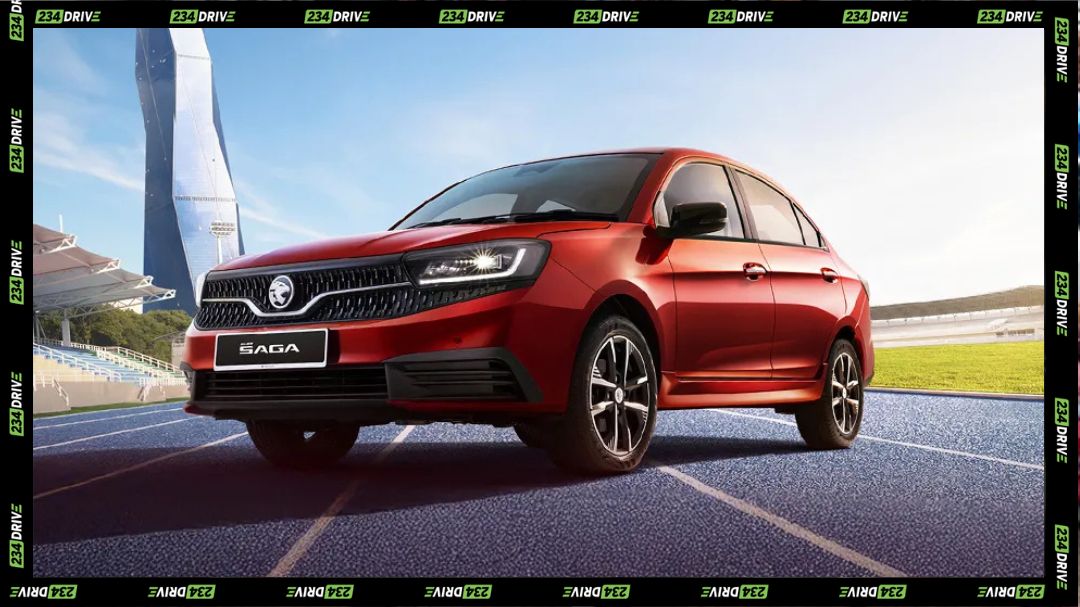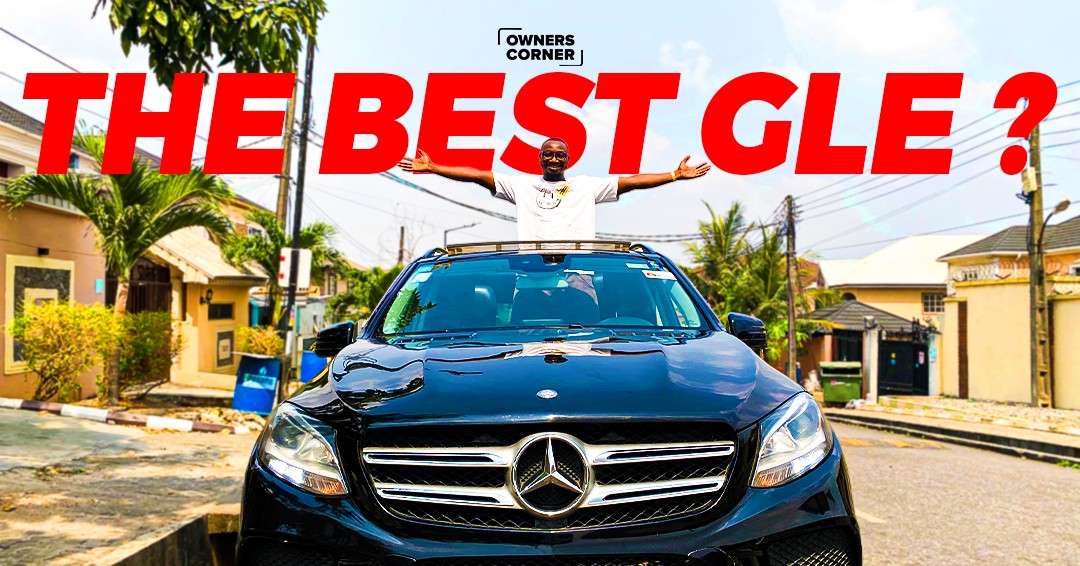The McLaren 720S, produced between 2017 and 2023, remains one of the most striking supercars of its generation. Although production has ended, the model continues to attract Nigerian buyers who value exclusivity, cutting-edge design, and extreme performance. In a country where luxury cars are often imported as symbols of status and success, the 720S has become a rare but highly desirable addition to private collections. While availability in Nigeria depends on independent importers rather than official dealerships, interest in the car persists due to its international reputation and presence in celebrity garages.
In Nigeria, prices for the McLaren 720S vary widely, ranging from ₦500 million to ₦900 million depending on mileage, year of manufacture, variant, and customisations. Import duties, taxes, and levies push costs significantly higher than global MSRPs, making it a purchase limited to the wealthy elite. Yet, despite these barriers, the 720S enjoys recognition for its blend of British engineering and raw speed, giving Nigerian enthusiasts a taste of global supercar culture.
Exterior Design and Road Presence
The McLaren 720S commands attention with an aerodynamic body sculpted for speed and stability. Its sleek silhouette, teardrop cabin, and signature dihedral doors give it a futuristic presence on Nigerian roads, where it stands out even among other luxury imports. The car’s large air intakes, lightweight carbon-fibre panels, and integrated rear wing not only enhance its visual appeal but also improve airflow and downforce at high speeds.

From the front, the sharp LED headlights with unique eye-socket housings emphasise aggression, while the low, wide stance reinforces its supercar DNA. On urban roads in Lagos or Abuja, the 720S draws immediate recognition, contrasting with more common premium SUVs. Its styling sets it apart as a car built for both aesthetics and engineering precision, a rare sight in Nigeria’s growing luxury automotive market.
Interior Comfort, Technology, and Performance
Inside, the 720S blends racing functionality with premium craftsmanship. The driver-focused cockpit features lightweight materials like Alcantara and carbon fiber, with ergonomically placed controls to maximise performance driving. Despite its focus on speed, the cabin offers comfort features such as adjustable seats, climate control, and a central infotainment screen with navigation and media options, catering to owners who occasionally use it beyond the track.

At the heart of the 720S is a 4.0-liter twin-turbo V8 engine that produces 710 horsepower and 568 lb-ft of torque, paired with a 7-speed dual-clutch transmission. This setup allows acceleration from 0 to 100 km/h in just 2.8 seconds and a top speed of 341 km/h. The hydraulic suspension system adapts seamlessly to road conditions, offering stability even on uneven Nigerian roads, while still delivering the precision expected from a world-class supercar.
How it Shapes the Nigerian Driving Experience
Owning a McLaren 720S in Nigeria goes beyond the thrill of driving; it also reflects lifestyle and prestige. Nigeria’s roads, especially in major cities, are not always optimised for low-clearance vehicles, but the 720S’s adaptive suspension gives it some flexibility for mixed driving environments. Its visibility in Lagos nightlife or Abuja’s business districts highlights its cultural impact as more than just a mode of transportation, but also a marker of wealth and achievement.
Climate and maintenance availability are other considerations. High heat and variable fuel quality pose challenges, requiring careful use and reliance on premium fuel sources. Since there is no official McLaren service network, maintenance depends on specialised mechanics or overseas servicing arrangements, adding to ownership costs. Nevertheless, for collectors and enthusiasts, these challenges are accepted as part of the exclusivity of owning a supercar in Nigeria.
Comparisons with Rivals
In terms of cost, the McLaren 720S sits within the same bracket as rivals like the Ferrari 296 GTB and Lamborghini Huracán, though duties and taxes in Nigeria often push its final price higher. Compared to the Ferrari, the 720S offers similar performance figures but is often viewed as more technologically advanced in aerodynamics. Against the Huracán, it is lighter and faster, giving it an edge in outright acceleration and handling precision.

Durability and resale value in Nigeria favour brands with stronger local recognition, such as Ferrari and Lamborghini, which benefit from wider support networks. McLaren’s rarity can make parts and service more complicated, potentially affecting long-term resale appeal. However, exclusivity also adds value for buyers seeking distinction, making the 720S attractive for those less concerned with mainstream prestige and more interested in rarity and engineering excellence.
Conclusion
The McLaren 720S remains a masterpiece of modern supercar engineering, delivering exhilarating performance wrapped in an unmistakable design. In Nigeria, its ownership is limited to a select few willing to navigate import duties, service challenges, and high costs. Yet its presence commands respect, both for its technical achievements and its role as a symbol of status. For Nigerian collectors, the 720S offers an experience that reflects ambition and exclusivity. Would you consider adding the McLaren 720S to your dream garage in Nigeria?









